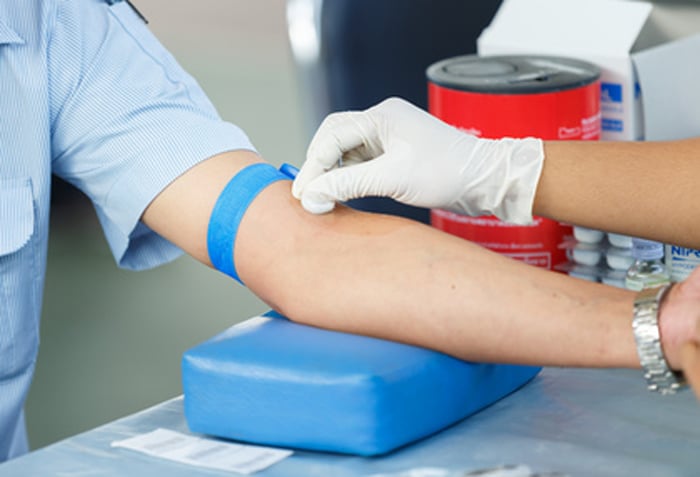What Is A Phlebotomy Technician?
If you have ever had blood drawn for medical testing or a donation, chances are you encountered a phlebotomy technician. Phlebotomy technicians play a crucial role in the healthcare industry by collecting blood samples from patients and preparing them for laboratory testing. In this article, we will explore what a phlebotomy technician does, the required training and certification, career opportunities, and more.
What Does A Phlebotomy Technician Do?
A phlebotomy technician, also known as a phlebotomist, is responsible for drawing blood from patients for various purposes, including diagnostic testing, transfusions, donations, and research. Their main duties typically include:
- Interacting with patients to explain procedures and alleviate any anxiety or fears
- Identifying patients, verifying their identities, and labeling blood samples correctly
- Collecting blood samples following proper venipuncture techniques
- Ensuring the safety and comfort of patients during the blood collection process
- Properly storing and transporting blood samples to the laboratory for analysis
- Maintaining accurate records and documentation of procedures
Training and Certification
While the specific requirements may vary by state or employer, becoming a phlebotomy technician typically involves completing a formal training program and obtaining certification. Training programs are available at community colleges, vocational schools, hospitals, and online institutions. These programs usually cover topics such as anatomy, physiology, lab safety, venipuncture techniques, and medical terminology.
After completing the training program, aspiring phlebotomy technicians can pursue certification through organizations such as the National Healthcareer Association (NHA) or the American Society for Clinical Pathology (ASCP). Certification demonstrates a level of competency and professionalism in the field and may enhance job opportunities and earning potential.
Career Opportunities
Phlebotomy technicians can find employment in various healthcare settings, including hospitals, clinics, laboratories, blood banks, and physician offices. They may also work in specialized areas such as pediatrics, geriatrics, or oncology. With further experience and training, phlebotomy technicians can advance to supervisory roles, teaching positions, or pursue additional certifications in related fields.
Benefits and Practical Tips
There are several benefits to pursuing a career as a phlebotomy technician, including:
- Job stability and demand in the healthcare industry
- Fulfilling work of helping patients and contributing to their healthcare
- Potential for flexible work schedules and part-time opportunities
- Opportunities for career advancement and professional growth
Some practical tips for success as a phlebotomy technician include developing excellent communication skills, mastering venipuncture techniques, staying current on industry trends and regulations, and maintaining a compassionate and patient-centered approach towards patients.
Conclusion
a phlebotomy technician plays an essential role in the healthcare system by collecting blood samples for diagnostic purposes. By completing a training program and obtaining certification, individuals can pursue a rewarding career as a phlebotomy technician with opportunities for growth and advancement. If you are interested in a medical career that combines patient care with technical skills, becoming a phlebotomy technician may be the right path for you.
